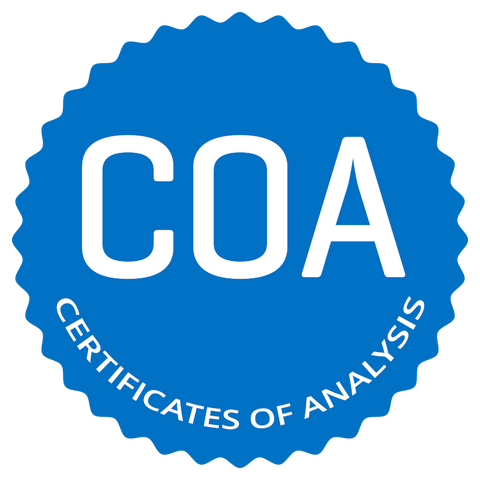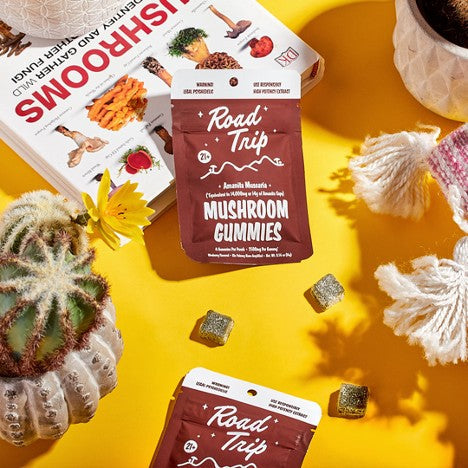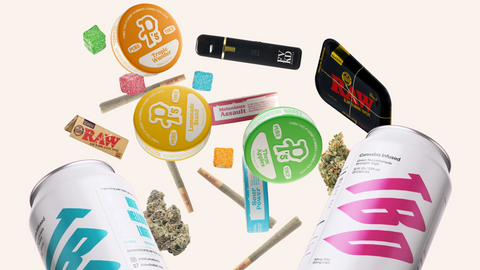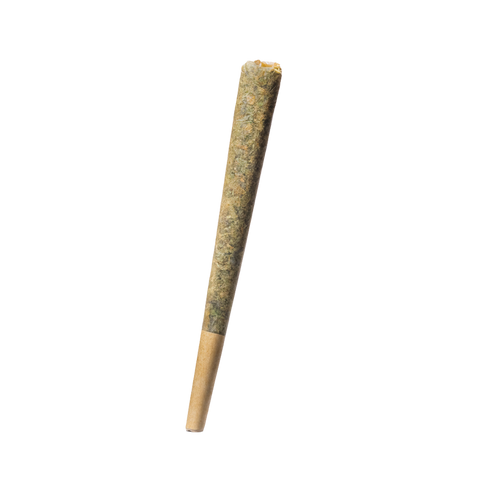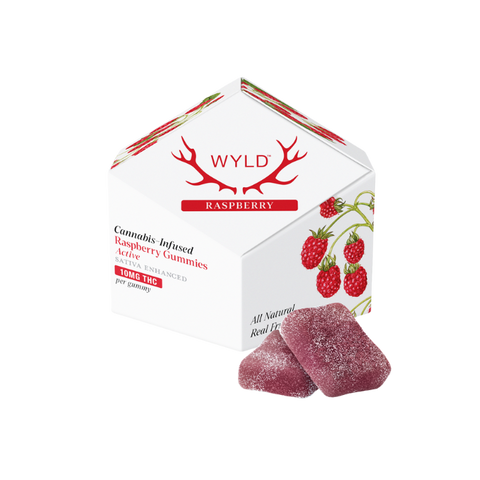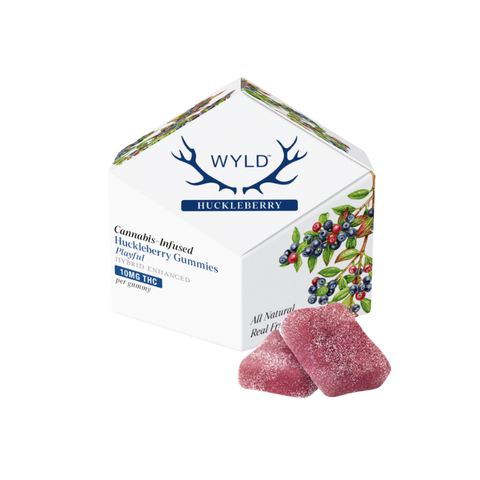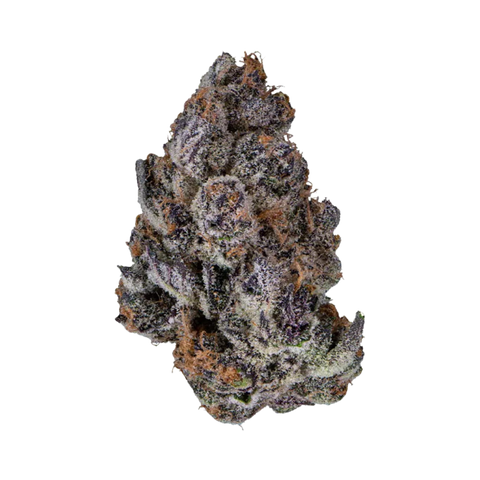If you’re shopping for THC or hemp-derived products in Texas, you’ve probably seen companies mention a COA (Certificate of Analysis). But what exactly is a COA, and why does it matter?
As someone who’s been in the industry here in Austin, I can tell you that not all THC products are created equal. A COA is your best tool for making sure what you're buying is safe, legal, and actually contains what the label says. So, let’s break it down—what to look for, how to read it, and how to tell the good from the bad.
Check out the COA's for our products here.
Why Lab Testing is Important
Texas has specific laws about THC content, especially when it comes to hemp-derived products. A proper lab test ensures that:
✅ The product complies with federal and Texas laws (Delta-9 THC must be below 0.3% by dry weight).
✅ It’s free of harmful contaminants like pesticides, heavy metals, and solvents.
✅ It actually contains the cannabinoids it claims to—no bunk products here.
Reputable brands and stores will always have their COAs easily available. If they don’t? That’s a red flag.
What to Look for in a COA
When you pull up a COA, it might look a little overwhelming at first. But don’t worry—I’ll break it down into the key sections that matter most.
1. Cannabinoid Profile
This section tells you exactly how much of each cannabinoid is in the product. You’ll usually see:
- ∆9-THC (Delta-9 THC) – The primary psychoactive component. Must be under 0.3% by dry weight to be legal in Texas.
- ∆8-THC (Delta-8 THC) – A milder, hemp-derived cannabinoid that’s legally sold in Texas.
- THCA (Tetrahydrocannabinolic Acid) – Non-psychoactive in raw form but converts to Delta-9 THC when heated.
- CBD (Cannabidiol) – Non-psychoactive and widely used for relaxation, pain relief, and wellness.
- THC-P, HHC, CBN, CBG – Other cannabinoids that can contribute to the effects of the product.
💡 Pro Tip: If a product claims to have Delta-9 THC but the COA doesn’t list it, something’s off. Always double-check!
2. Potency & Measurements
The COA will show how much of each cannabinoid is in the product, usually measured in milligrams per gram (mg/g) or percentage (%).
For example:
- A THC vape cartridge might have 85% Delta-8 THC with 5% CBD.
- A gummy might contain 25mg of Delta-9 THC per piece.
Pay attention to these numbers to dose responsibly—especially if you're new to THC products.
3. Contaminant Testing
Good brands test for harmful substances, including:
☣ Pesticides – Leftover chemicals from growing cannabis/hemp.
☣ Heavy Metals – Lead, mercury, and other dangerous metals that can get into the plant from soil.
☣ Residual Solvents – Chemicals from extraction processes (like butane or ethanol).
💡 Pro Tip: If a COA doesn’t include a contaminant test, be cautious—especially with vape products and concentrates.
4. Who Conducted the Test?
A legit COA should always be from an independent, third-party lab. You’ll usually see the lab’s name, license number, and contact info at the top of the report.
🚨 Red Flags:
❌ The COA is missing a lab name or looks like it was created by the brand itself.
❌ The lab doesn’t seem well-known or accredited.
Trustworthy companies use DEA-registered or ISO-certified labs to ensure accurate results.
How to Spot High-Quality vs. Low-Quality Products
✅ High-Quality Products:
- COA is easy to find on the website or packaging.
- Clear cannabinoid breakdown (∆9, ∆8, THCA, CBD, etc.).
- Passes contaminant tests (no pesticides, metals, or solvents).
- Tested by a reputable third-party lab.
🚫 Low-Quality Products:
- No COA available or hard to find.
- Cannabinoid content is unclear or missing key details.
- Fails safety tests or doesn’t provide contaminant testing.
- Lab results seem fake or suspicious.
💡 Bottom Line: If a company isn’t transparent about lab results, don’t risk it.
Final Thoughts: Protect Yourself & Shop Smart
Reading a COA might seem like a hassle, but once you get the hang of it, it’s the best way to shop safely and confidently. Whether you’re picking up Delta-8, THCA flower, or a CBD tincture, knowing what’s in your product (and what isn’t) is key.
Here in Austin, there are plenty of shops selling hemp-derived products, but not all of them are created equal. Always buy from trusted sources that provide clear, third-party COAs—your safety and experience depend on it.
📌 Stay informed, stay safe, and happy shopping!

